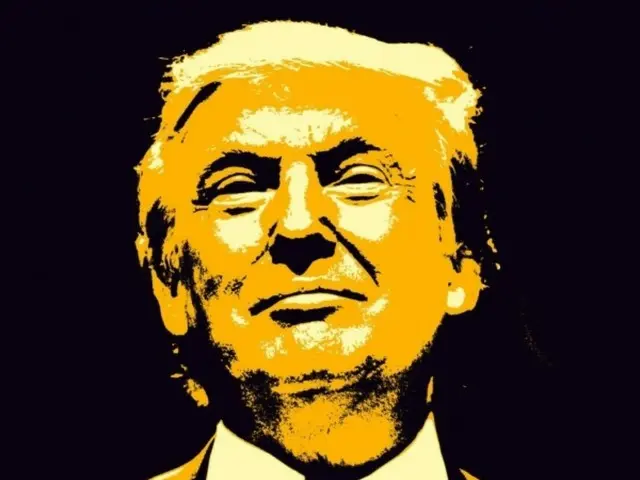However, uncertainty is expected to continue for the time being, increasing market volatility. ▼ Tariff bomb… Stocks and crypto assets hit "Black Thursday"
After President Trump announced the tariff regime, the US stock market, which had been rising, suddenly fell.
Both the S&PP 500 and Nasdaq Index fell by 2-3%. Japan's Nikkei 225 also fell by 2.73%. Hong Kong's Hang Seng Index and China's Shenzhen Composite Index were also bearish.
Crypto assets (virtual currencies) were also bearish. At 10 a.m. on the 3rd, the price of Bitcoin was down 2.06% from the same time the previous day according to CoinMarketCap.
The price of Ethereum fell 5.90% and Ripple fell 5.42% to $83,218.
The market shock on this day was President Trump's "competitive" stance on the world stage.
This is because the government announced the "Reciprocal Tariffs." It will apply a minimum basic tariff of 10% to all trading partners, and will impose additional tariffs on a country-by-country basis.
The tariffs are then much higher than the initial market forecast of around 20%, followed by China at 34%, Vietnam at 46%, Taiwan at 32%, and Japan at 24%.
"Tariffs are not what we expected," Deutsche Bank economist Brett Ryan said in an interview with Yahoo Finance.
"It's much higher than I expected," he said. Now is the time for negotiations, but uncertainty continues. Now is the time for negotiations. Negotiations between major countries to lower mutual tariffs have begun in earnest, and in the process, some
The tariff rates for each country may be revised downward slightly. In fact, the White House has stated that it is open to further increases or decreases in tariffs depending on the measures of the other country.
do.
2025/04/04 11:33 KST
Copyright(C) BlockchainToday wowkorea.jp 118

